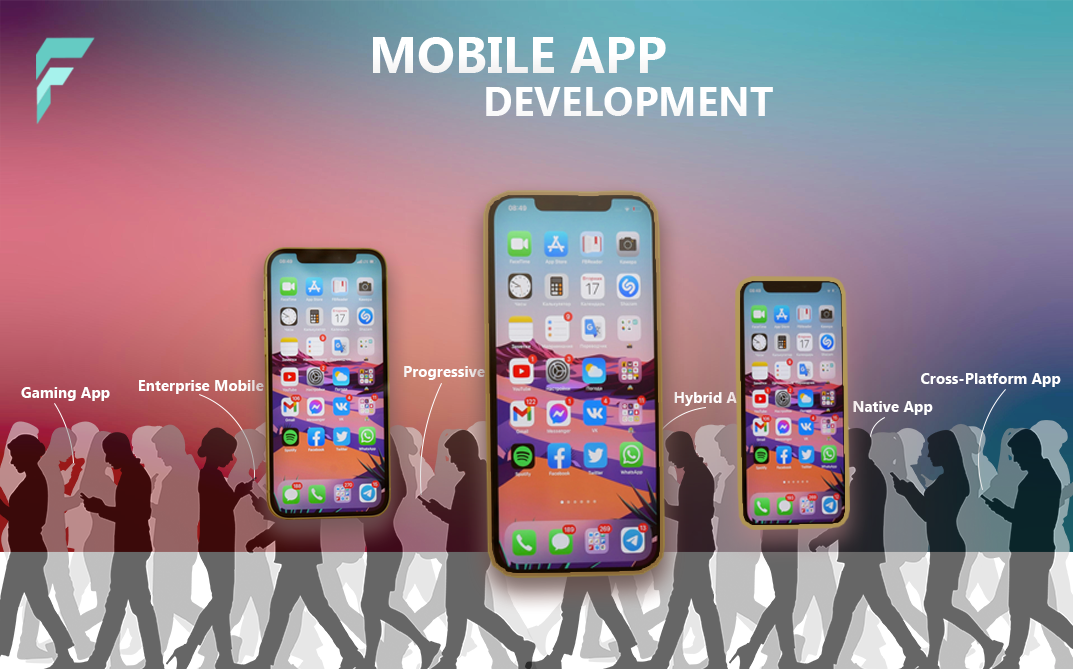What Is Mobile Application Development?
Learn about mobile application development—discover the process, technologies, and best practices for creating powerful mobile apps
Learn about mobile application development—discover the process, technologies, and best practices for creating powerful mobile apps
Mobile Application development refers to the process of designing, building, and maintaining software applications that run on mobile devices such as smartphones and tablets. These applications serve various purposes, including business operations, entertainment, education, healthcare, and communication. As mobile usage continues to grow, developing high-performance mobile apps has become crucial for businesses and individuals alike.

Mobile apps can be developed for different platforms, including iOS, Android, and cross-platform environments. Each platform requires specific development tools, frameworks, and programming languages.
Developing a Mobile Application involves multiple stages, ensuring the app meets user expectations and business requirements. The process includes:
Deciding on the best development approach depends on several factors, including budget, performance requirements, and time constraints. Here are some key considerations:
Mobile applications offer numerous advantages for businesses and users, enhancing accessibility, engagement, and operational efficiency.
As technology evolves, new trends are shaping the future of Mobile Applications:

Choose F12 Technologies for industry-leading mobile app solutions designed to boost engagement, efficiency, and growth for your business.
We tailor our services to meet your specific requirements, ensuring innovative and impactful solutions that help you achieve your goals.
Contact Us